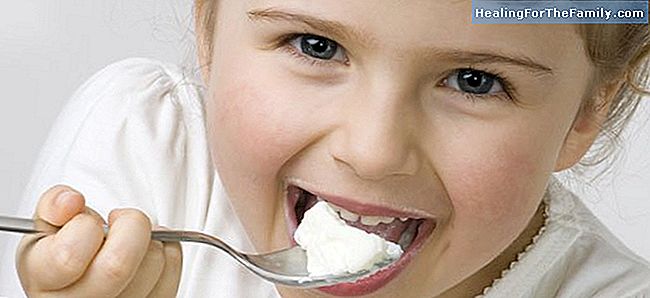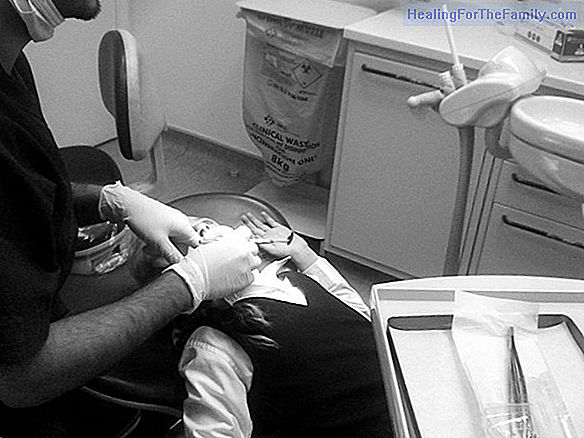Foods that help prevent cavities in children and pregnant women
The idea that sweets or candy can cause tooth decay is tremendously widespread, but nevertheless, are there foods that can help prevent it? Caries are cavities or damages in the dental enamel caused by the growth of microorganisms such as Streptococcus mutans, in addition to the acid pH that some fo
The idea that sweets or candy can cause tooth decay is tremendously widespread, but nevertheless, are there foods that can help prevent it?
Caries are cavities or damages in the dental enamel caused by the growth of microorganisms such as Streptococcus mutans, in addition to the acid pH that some foods generate in the oral cavity. The sugary foods attack the enamel when entering the oral cavity, being this danger of weakening the enamel more serious during the first 20 minutes. What foods help prevent it?
Foods that prevent the appearance of decay

1. Foods rich in calcium: Foods rich in calcium, so important for bones and teeth, must be present in the diet if we want to keep cavities at bay, especially in childhood and adolescence since it is the time when growth reaches its highest speed.
- Milk and dairy products.
- Leafy green vegetables and broccoli.
- Some nuts like almonds. Hay - Remember that yoghurts are especially beneficial because, in addition to providing calcium, they provide beneficial bacteria for health, including oral. However, natural yogurts can be considered beneficial, since, although flavored yogurts also contain the aforementioned lactic acid bacteria, the amounts of sugar found in their composition make them harmful to oral health.
2. Foods rich in fiber:
Foods rich in fiber and complex carbohydrates are also beneficial, as these carbohydrates are attacked by large amounts of saliva in the mouth, and saliva acts as a protective barrier against decay because it neutralizes the acid that is produced when eating, before it can attack the teeth. Fiber can be found in fruits, vegetables and vegetables. 3. Carbohydrates:
Complex carbohydrates are found in whole grains, including rice and pasta, much richer in vitamins and trace elements than their refined counterparts. In particular, they can be a source of B vitamins and iron, which help maintain oral health as they participate in the protection of the gums. Also magnesium, present in these cereals, is one of the most important minerals, along with calcium, to ensure healthy and strong bones and teeth. 4. Fluoride:
Fluoride is another mineral directly related to dentition. In general, toothpastes are fortified with this element, but tap water is a very important source of fluoride in the diet, not so much mineral waters, especially those with very low mineralization. El 5. Tea: The consumption of teas, particularly green and black, is beneficial for the microbiota of the mouth, protecting against the growth of Streptococcus mutans. In addition, these teas have anti-inflammatory properties that help protect the gums. It should be remembered that teas contain caffeine, so they should be consumed in moderation, and, in addition, for their ingestion to be beneficial for oral health should not be added sugar.
During pregnancy, oral health can be compromised, so the protection of the teeth and gums should be increased.












